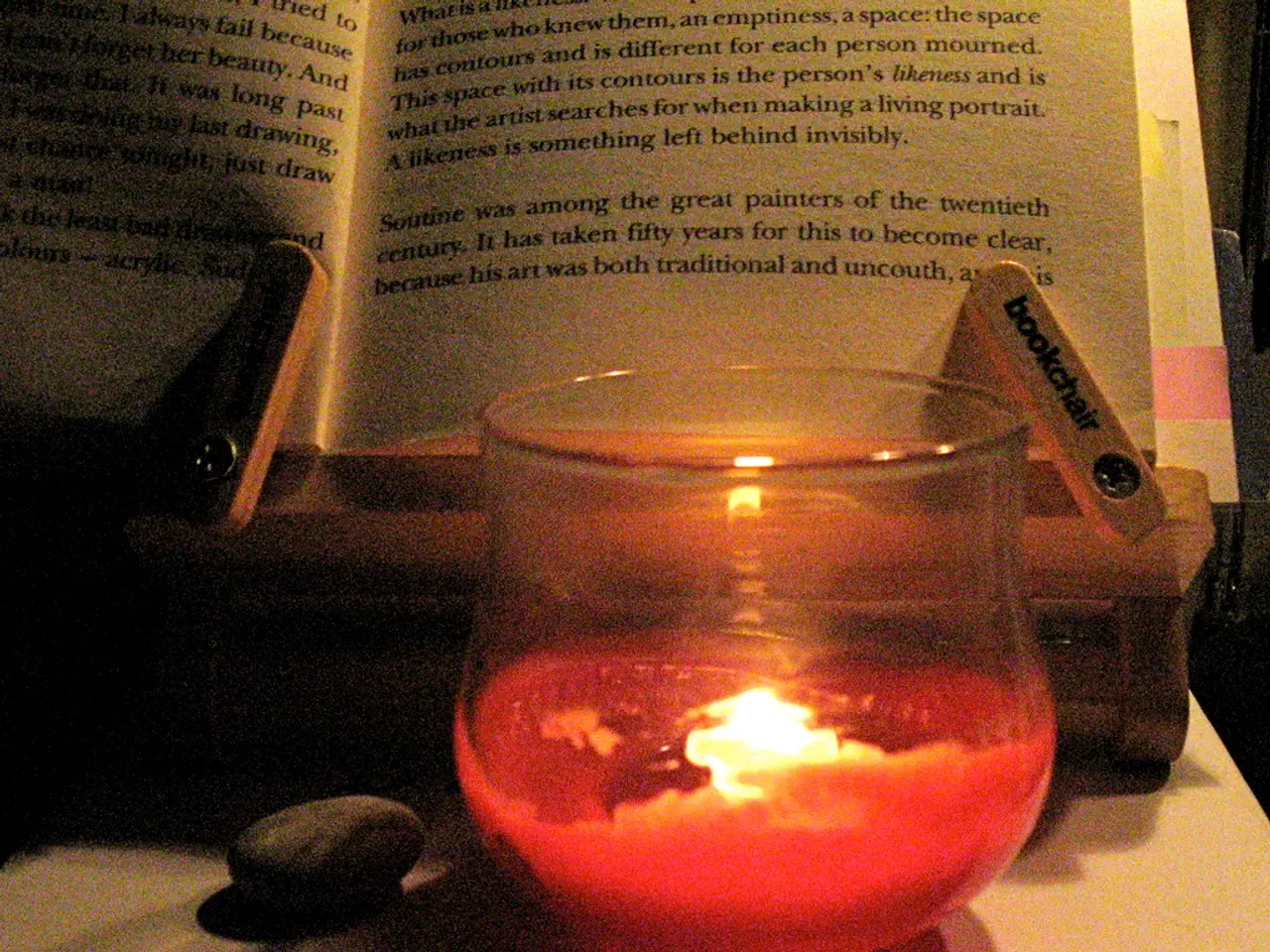From Alchemy to Folk Traditions: The Resilient History of Medicine
The history of medicine is deeply intertwined with alchemy and folk traditions, where healers and scientists alike experimented with nature's offerings, leaving behind a rich legacy that still influences modern medicine.
Alchemy, with its focus on minerals, plants, and processes like distillation, played a significant role in shaping medicine. Notable figures like Hippocrates, Hildegard von Bingen, Paracelsus, and Florence Nightingale contributed to medical ethics, the use of chemicals, and nursing practices that still resonate today.
The boundary between witchcraft, healing, and science was often blurred. Early healers, often women known as 'wise women' or 'witches', observed nature's effects, using herbs and rituals to ease ailments. Some remedies, like willow bark tea and moldy bread, were precursors to modern medicines like aspirin and penicillin.
However, these practices were not without danger. The witch hunts of Europe and colonial America saw healers persecuted due to fear, ignorance, and power struggles. Folk traditions were woven into daily life, influencing rituals, celebrations, and justice. Despite persecution, herbalism remained the backbone of both folk magic and early medicine.
From alchemy to folk traditions, the history of medicine is a tapestry of discovery, persecution, and resilience. Many early healers were women who faced persecution for their knowledge and power. Some folk cures have stood the test of time, and much of what we know about medicine today owes a debt to these early practitioners.






